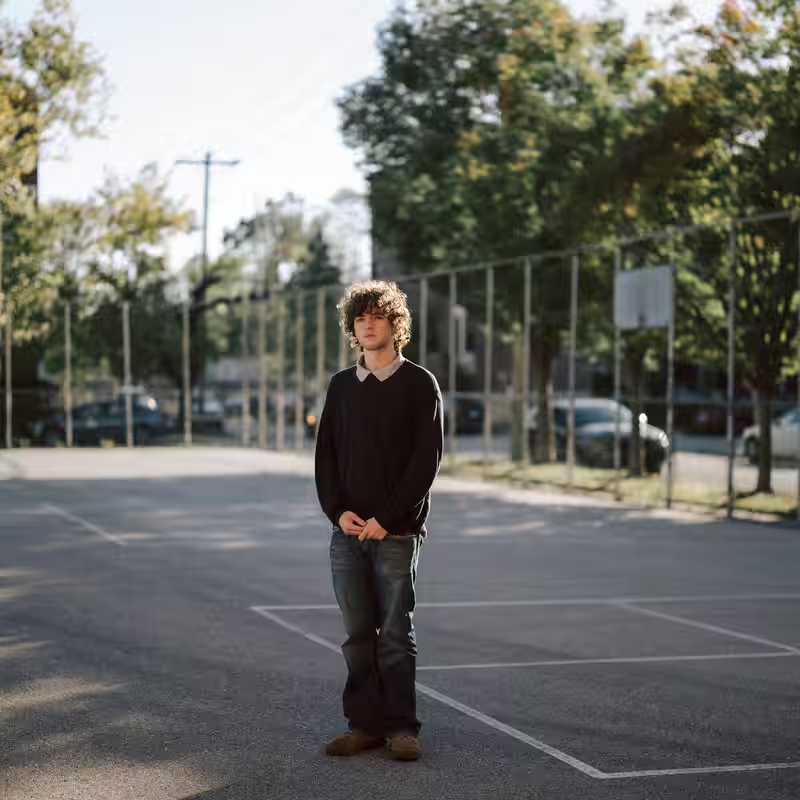Table of Contents
- The Cease-Fire and the Silence After
- Campus Backlash and Career Consequences
- Free Speech Under Fire
- Shifting Tactics Beyond the Streets
- Sources
The Cease-Fire and the Silence After
After more than a year of relentless violence in Gaza, the recent Israel-Hamas cease-fire has brought a fragile calm—but not celebration—among many young pro-Palestinian activists in the U.S. While they welcome the truce, many now reflect with regret on the campus protests that once galvanized a generation.
“We thought we’d all get arrested, and then everyone would rise up and stop the United States from aiding Israel,” said Harry Campbell, a recent graduate of Washington University in St. Louis. Today, he works as a barista—far from the political spotlight—but still deeply committed to justice.
For activists like Campbell, the movement’s energy has faded not because the cause lost urgency, but because the backlash proved overwhelming. What began as a wave of moral outrage has given way to caution, anxiety, and even silence.
Campus Backlash and Career Consequences
During the height of the protests in spring 2024, students occupied quads, staged sit-ins, and demanded their universities divest from Israeli-linked firms. Their rallying cry—“Free Palestine”—became a symbol of a new generation’s political awakening, echoing the racial justice movements of 2020.
Yet the response was swift and severe. Universities cracked down under pressure from politicians and donors. Some students, like Youssef Hasweh of the University of Chicago, had their degrees withheld after nonviolent arrests. Others report being blacklisted by employers or fearing visa revocations if they’re international students.
“If I got that much of an insane, disproportionate reaction for what I said on campus, I can only imagine what would happen to me now,” Hasweh said. Now working as a social media consultant, he avoids speaking publicly about Palestine—even though he’s Palestinian himself.
Employment Fears Among Activists
| Issue | Impact |
|---|---|
| Degree delays | Students like Hasweh faced withheld diplomas |
| Hiring discrimination | Public figures like Bill Ackman discouraged hiring activists |
| Visa threats | Trump administration targeted foreign student protesters |
| Legal scrutiny | Federal judges refused to hire from universities like Columbia |
Free Speech Under Fire
The chilling effect extends beyond individual careers. Organizations like the Foundation for Individual Rights and Expression (FIRE) warn that campus speech is under unprecedented threat.
“There are threats both from the government and from within the university itself that are really damaging the climate for open debate,” said Tyler Coward, FIRE’s lead counsel for government affairs.
Recent legislation—like a now-blocked Texas law restricting nighttime protests—illustrates how state governments are testing First Amendment limits. Meanwhile, universities have disciplined faculty for criticizing conservative figures, further narrowing the space for dissent.
Shifting Tactics Beyond the Streets
Despite the retreat from mass demonstrations, many activists haven’t abandoned their convictions—they’ve just changed strategy.
Campbell, for instance, is now focused on unionizing his workplace. “The only way we prevent another Palestine from happening is to have power,” he said. Others, like Hasweh, are channeling energy into local politics, supporting candidates like Zohran Mamdani’s mayoral run in New York.
Armand Aviram, a freelance videographer who attended protests in New York, captured the mood succinctly: “There’s definitely no element that I can see where I feel at all like celebrating. Just a relief that hopefully the killing will stop.”
As public attention shifts—toward elections, economic concerns, or the next crisis—the fear remains that Palestine will vanish from the national conversation once again.




